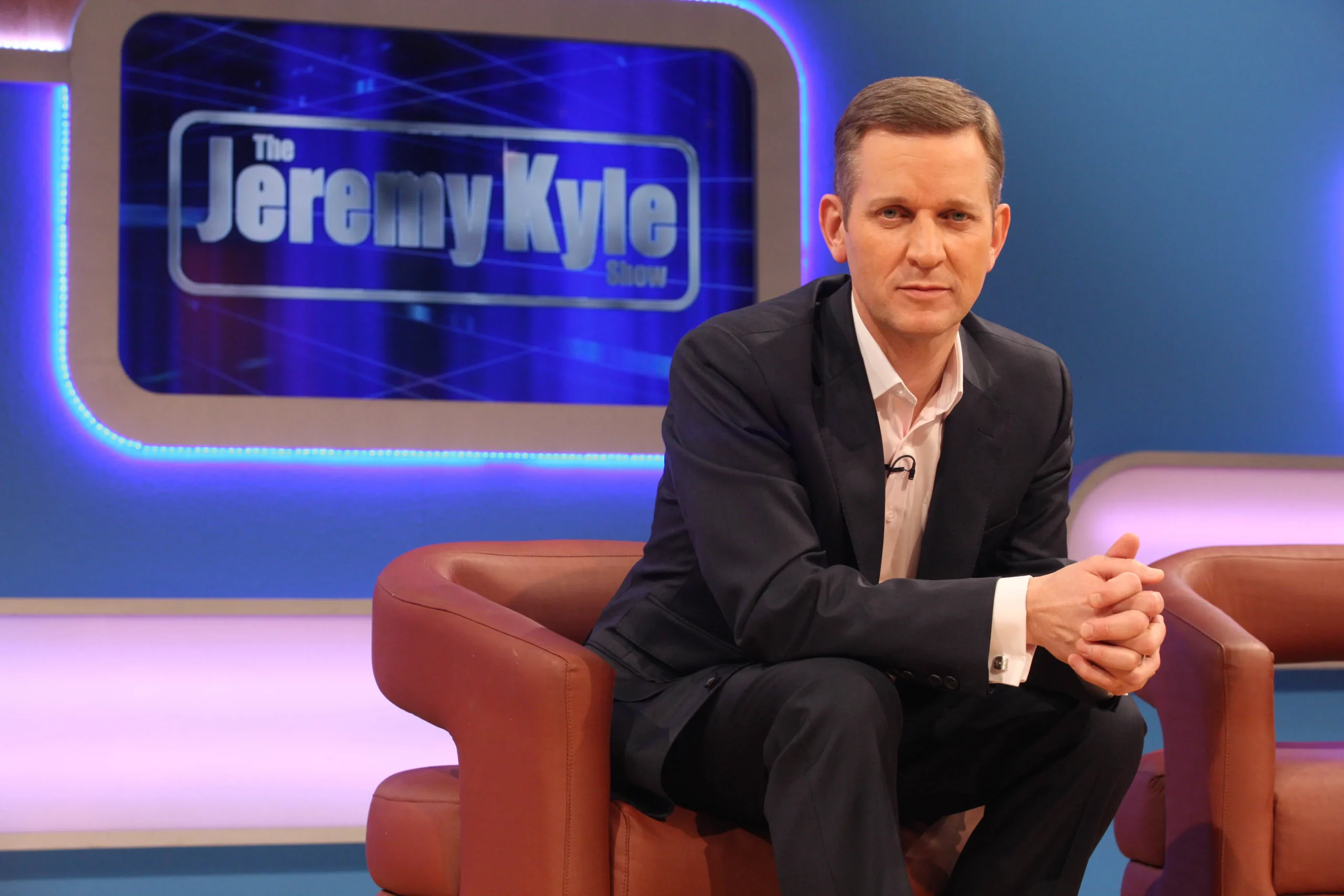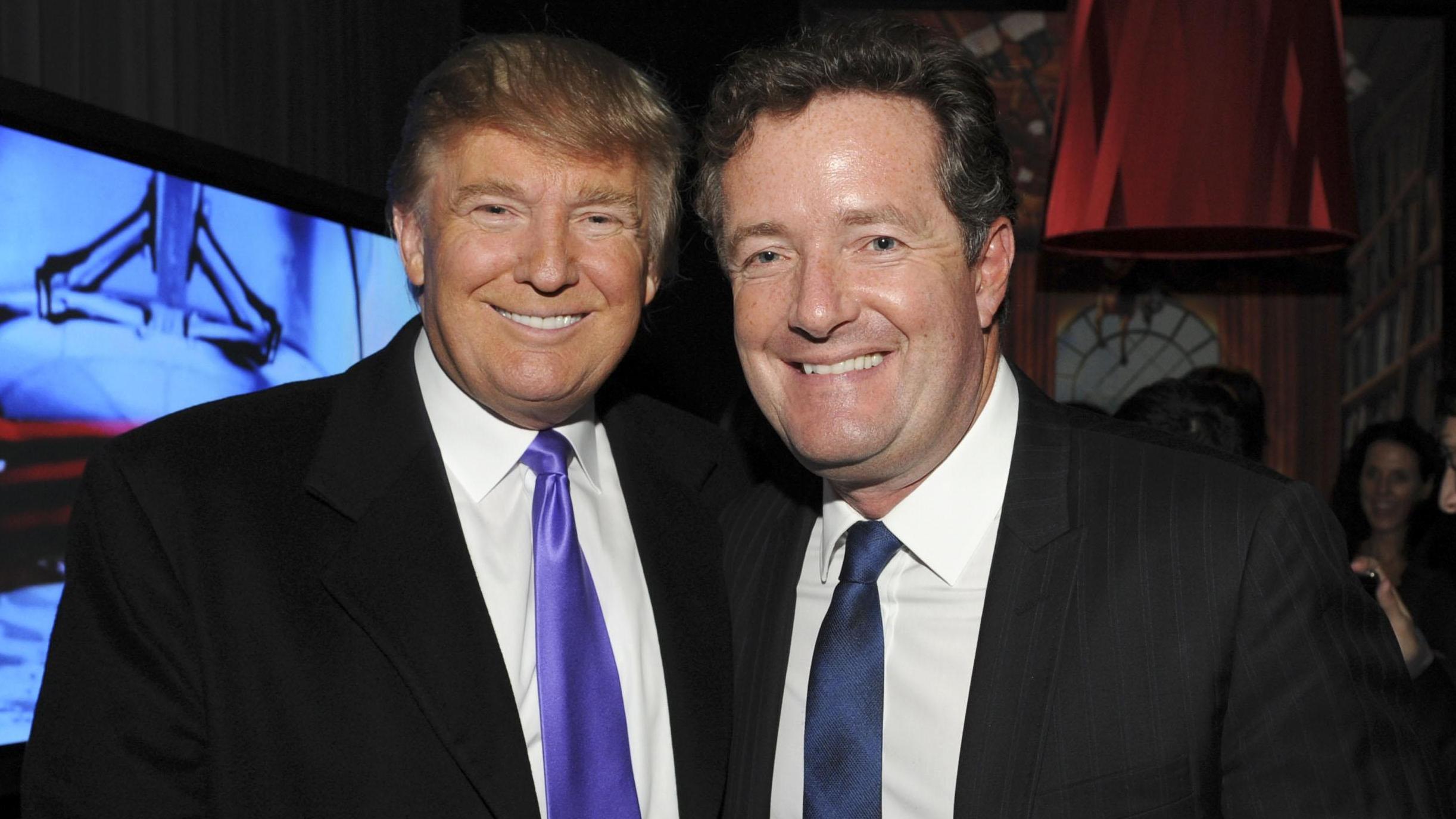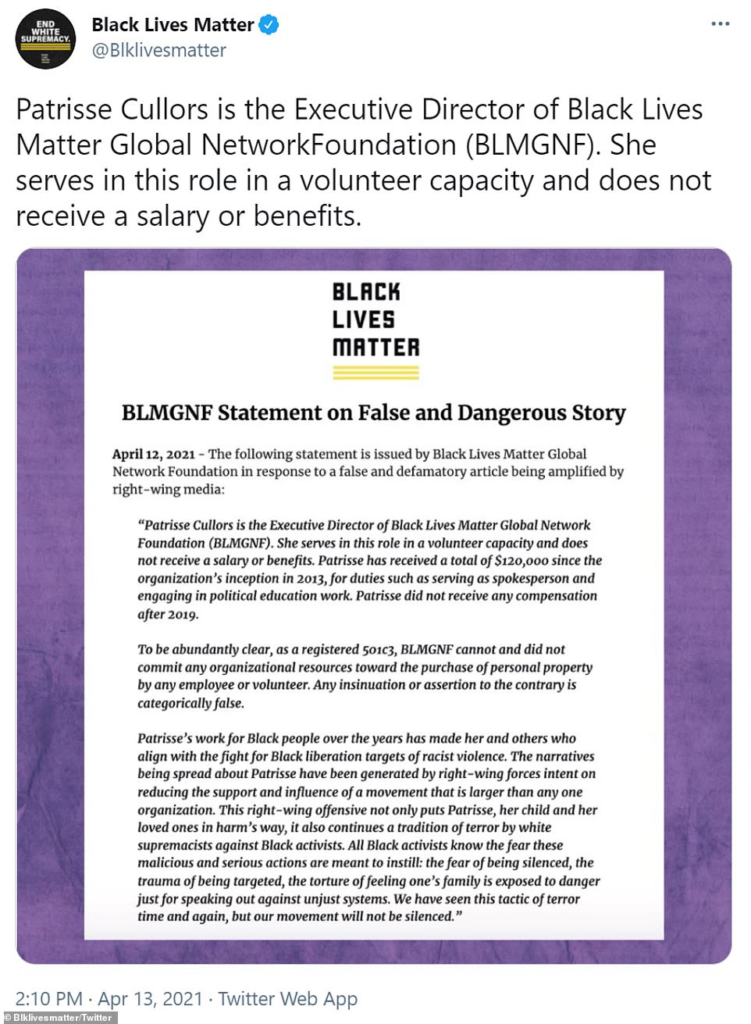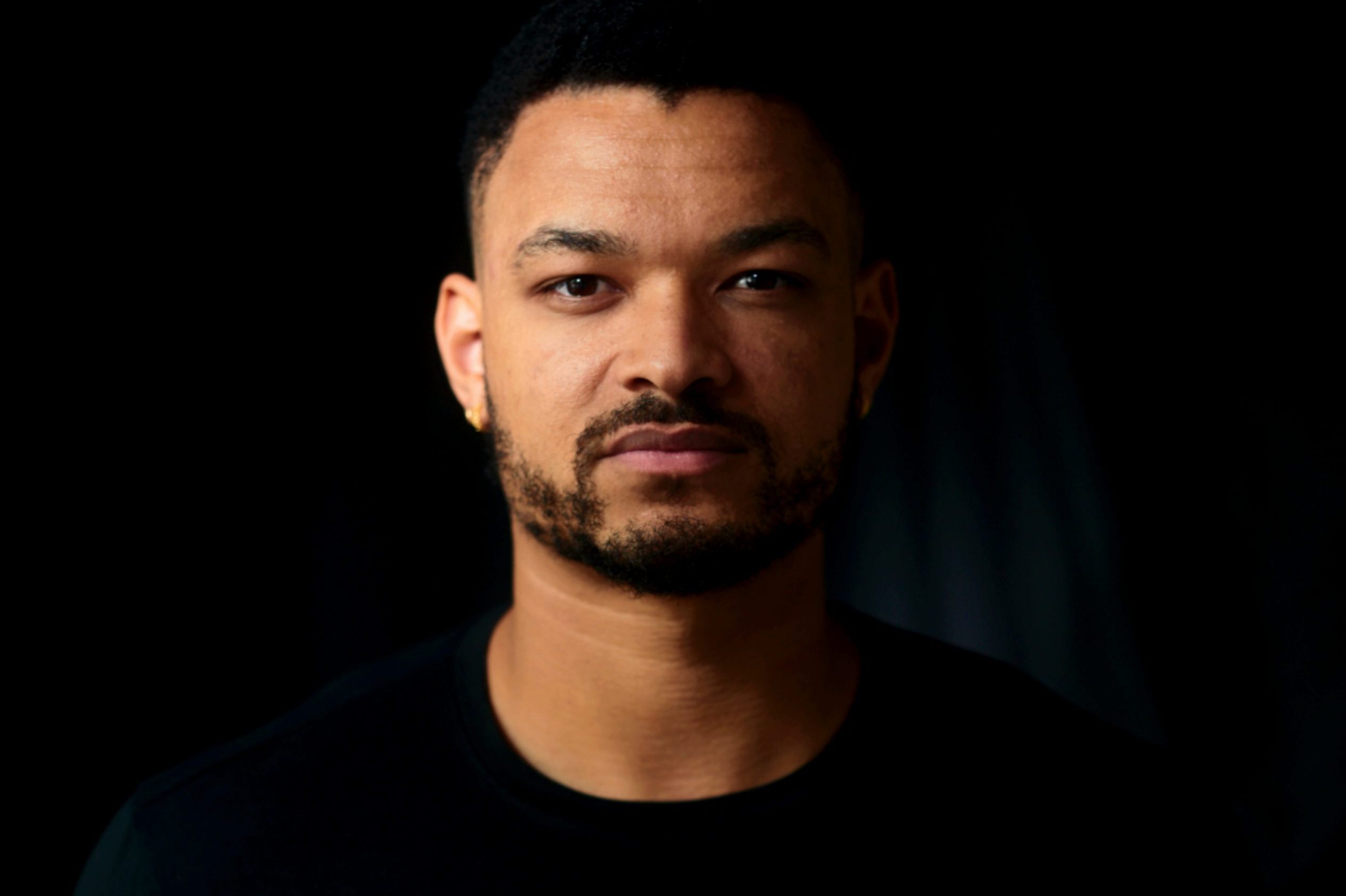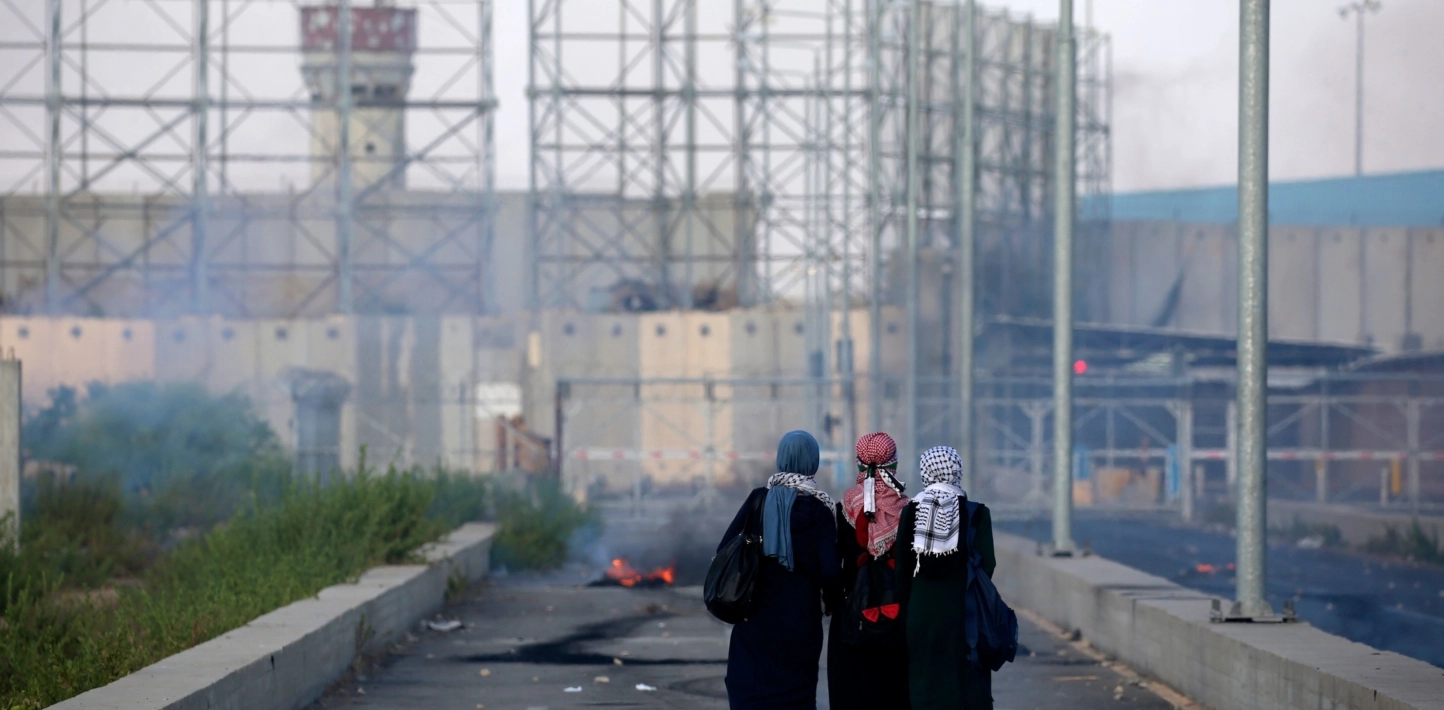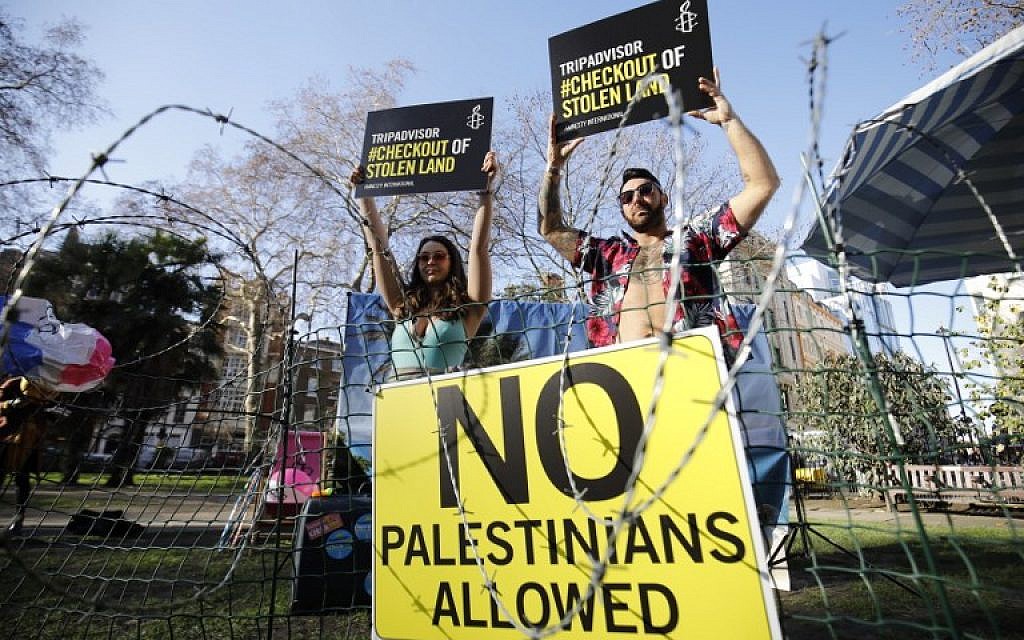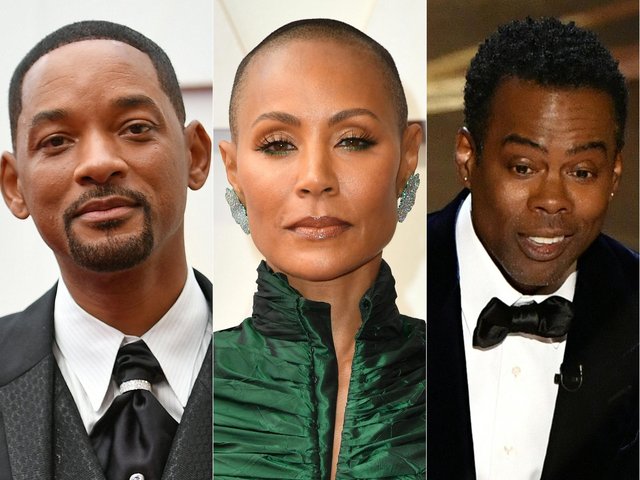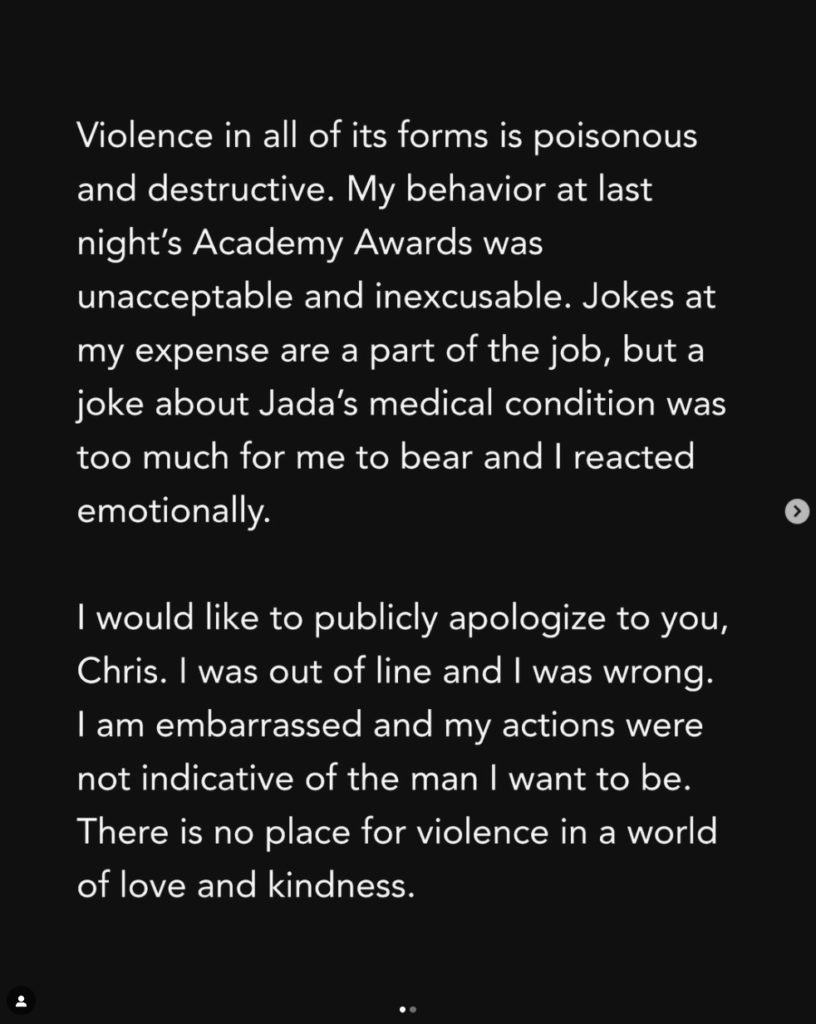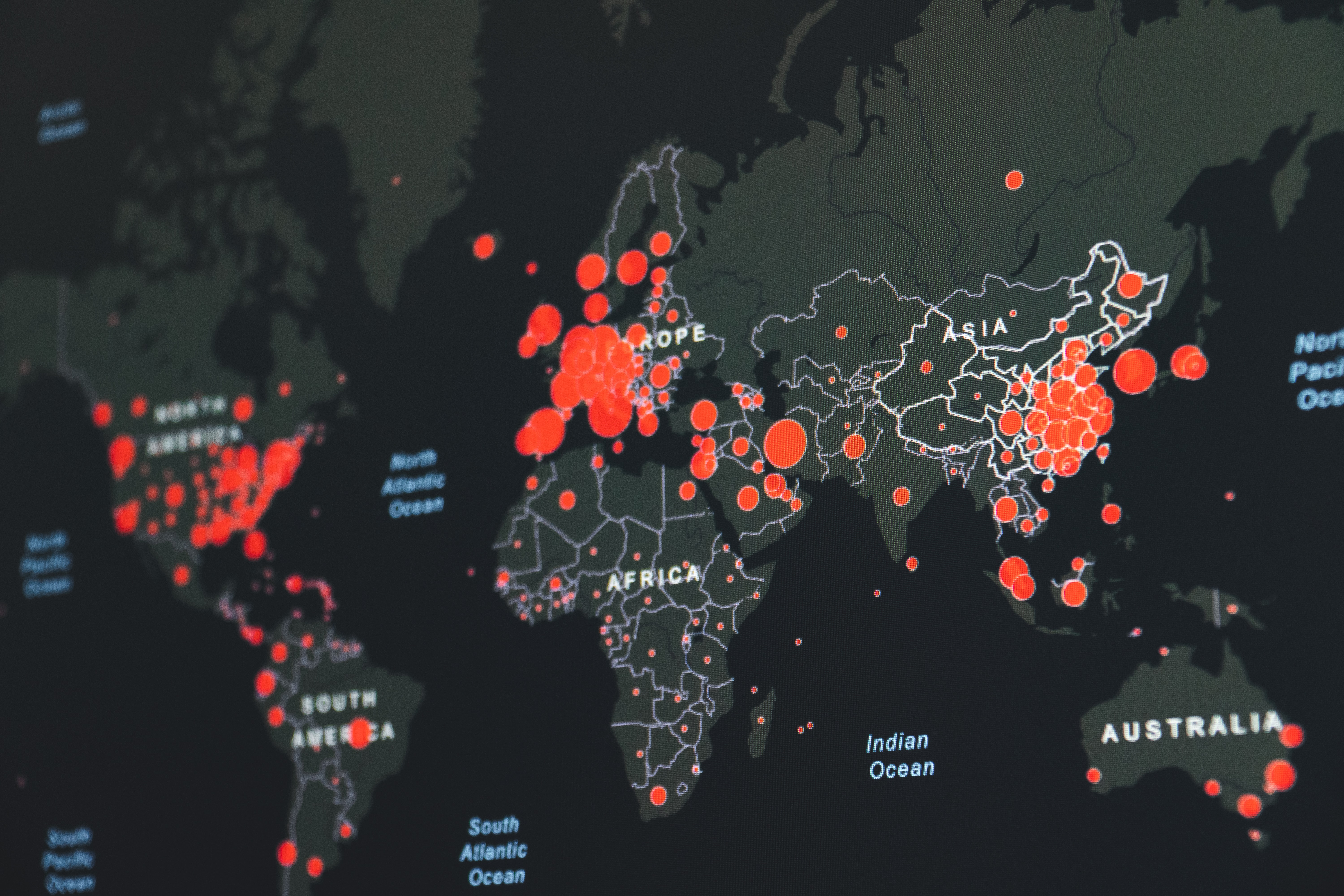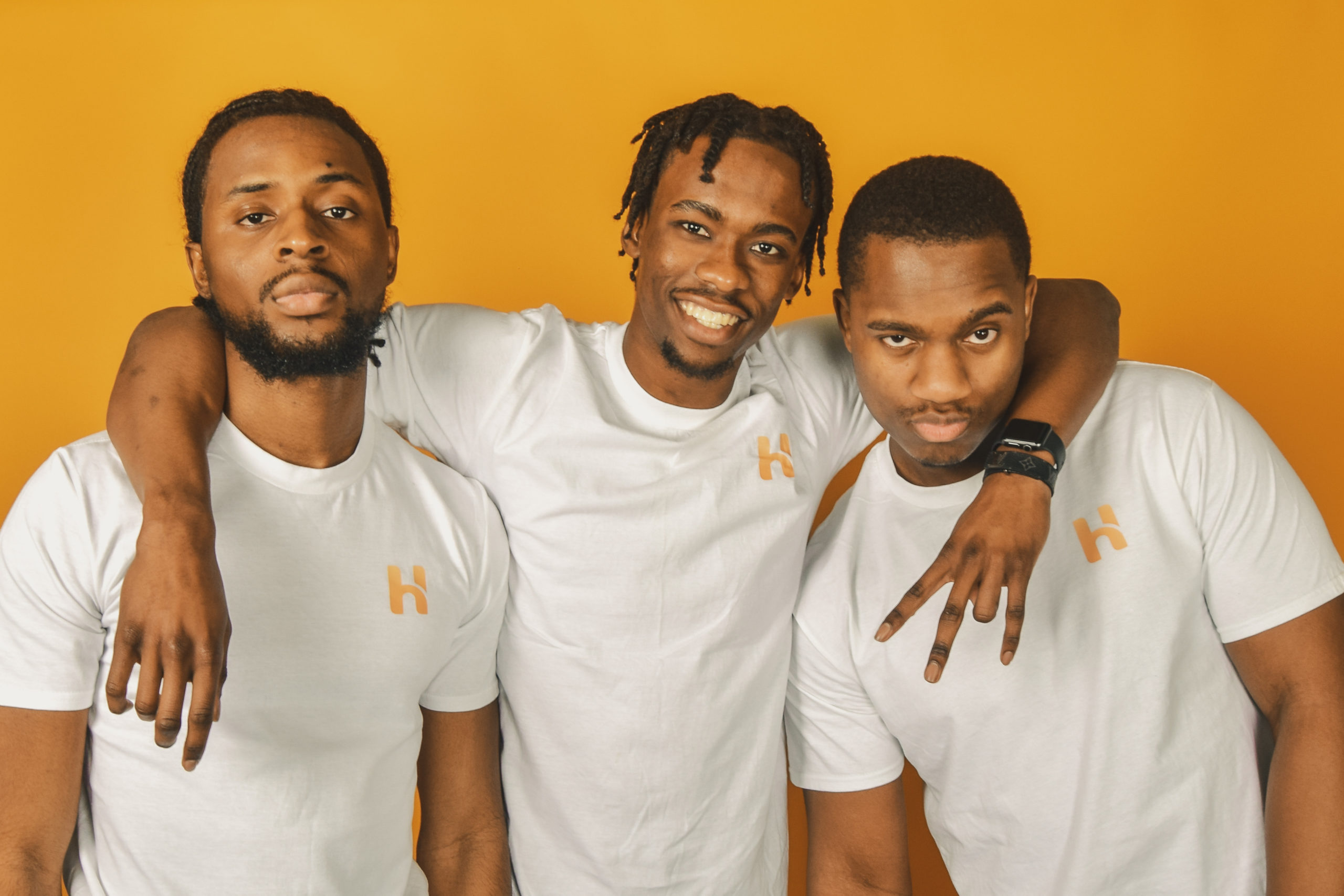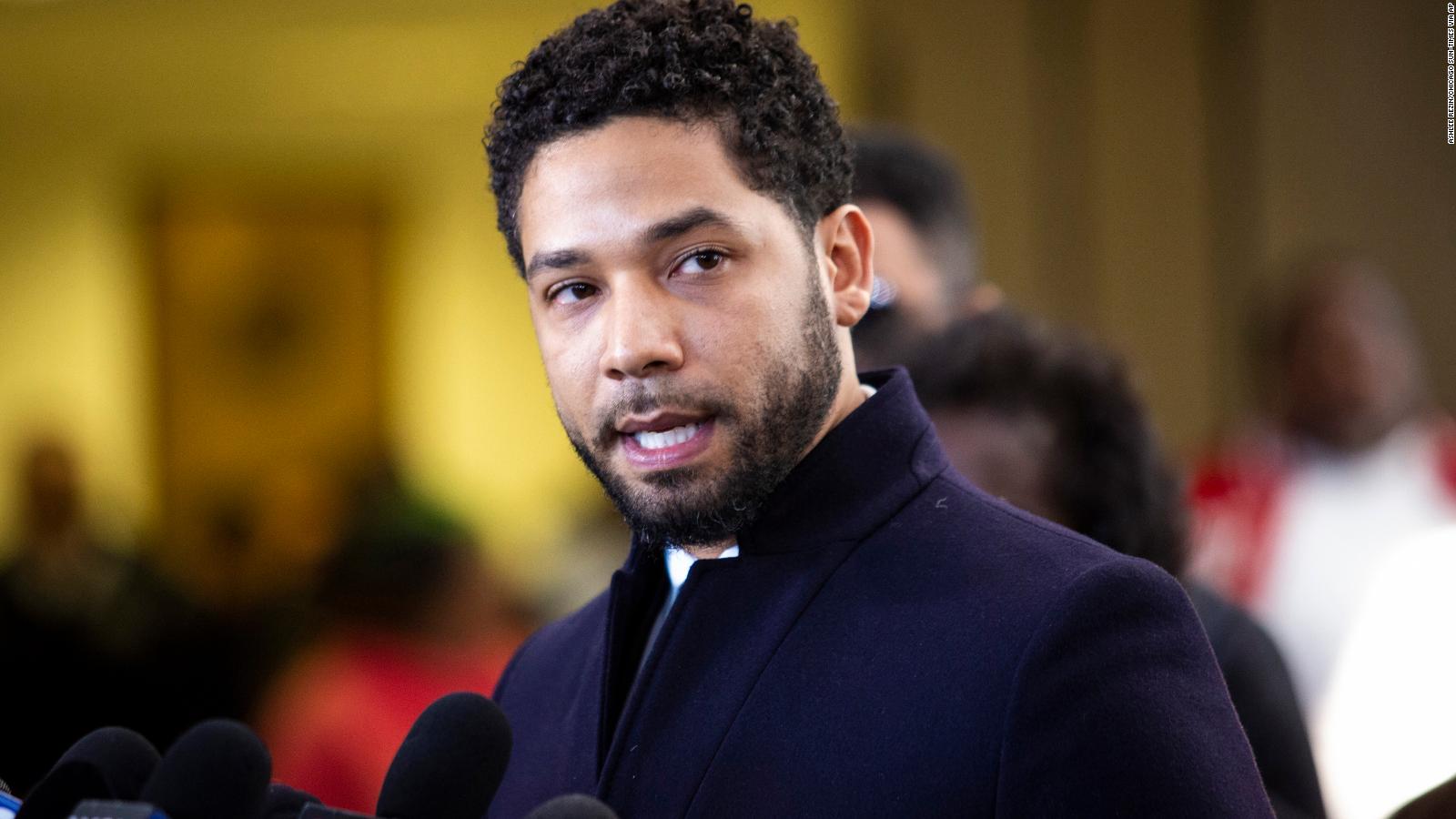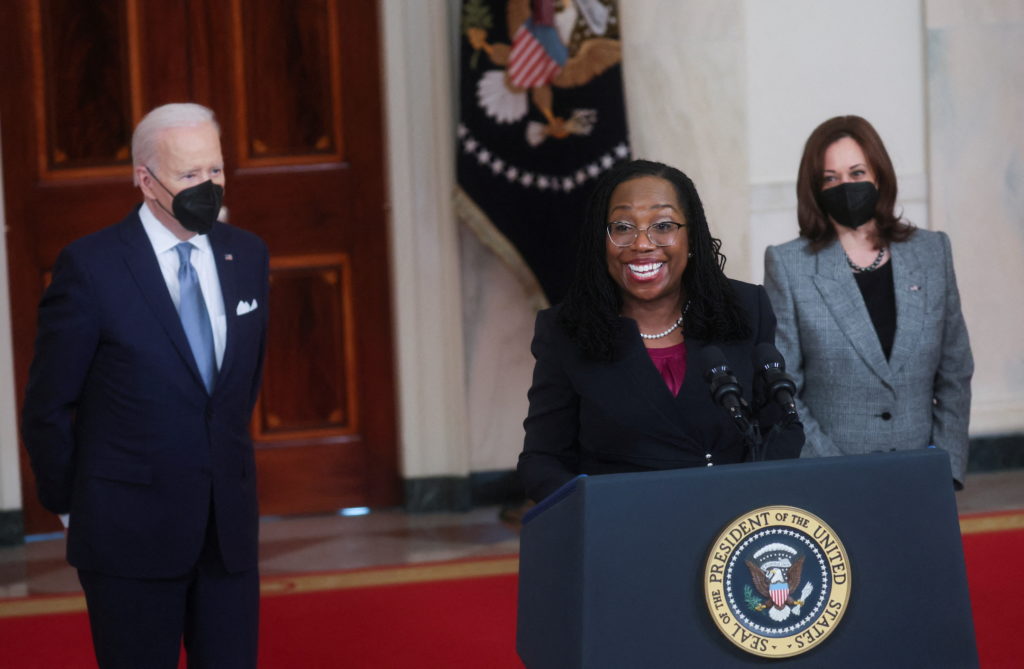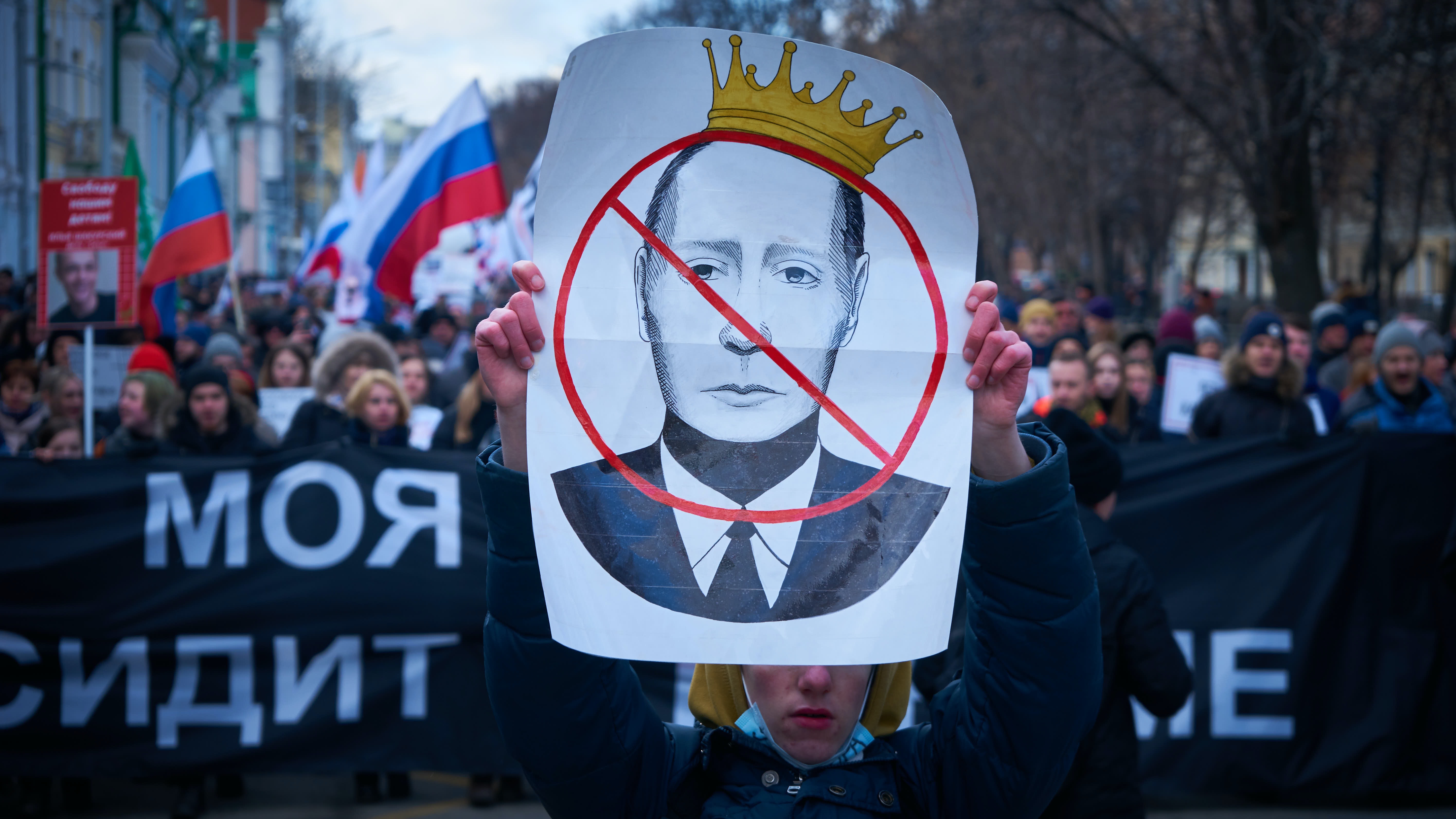Channel 4 has released a damning documentary about the rise and fall of the controversial tabloid talk show ‘The Jeremy Kyle Show’ after its cancellation in 2019.
‘Jeremy Kyle: Death on Daytime‘ aired on television in March 2022, which gave a behind-the-scenes look at the show’s production.
Its findings were that guests were manipulated and exploited for the public’s entertainment. Many of the show’s producers were too scared to speak out (for fear of losing their job) or did not see anything wrong with the show’s existence.
ITV canceled The Jeremy Kyle Show after 63-year-old Steve Dymond took his own life one week after failing a polygraph test on the show, despite pleading his innocence to his partner.
Jeremy Kyle portrayed himself as akin to a cult leader, treating many people disrespectfully and commanding his ‘kingdom’ with an iron fist whilst convincing those he worked with that his methods were perfectly ethical.
There was also an exploration into the show’s origin and why it was popular in the UK. ITV wanted a UK equivalent of ‘trash TV’ shows such as Maury and Jerry Springer in the US.
They decided to use real people instead of staged actors like their American counterparts did.
The majority of the people who appeared on the show were white and lower class, whereas the people controlling and producing the show were mainly white middle class.
The show, therefore, was accused of ushering in a new era of demonisation of demographics of certain people. The show turned the lower class’s issues into a public spectacle.
Jeremy Kyle is currently hosting his own show on Talk TV, covering topical news and current affairs. Kyle said he ‘couldn’t be more thrilled to be back in front of the camera’.
Dodging responsibility
Along with Jerry Springer, the Jeremy Kyle Show represented the worst that society had to offer; exploiting the trauma, emotions and issues of a certain class of people for money, ratings and public entertainment. The dangerous aspect to this, however, is a fundamental difference between Jerry Springer and Jeremy Kyle; real life.
Jerry Springer was entertaining, but ultimately that’s all the show was: entertainment. Nobody took it seriously. It was crafted for a niche demographic who simply enjoys viewing unhinged dysfunction without guilt.
Not wanting to be undermined, the UK decided to go one step further and target a particular class of people – one that was easy to slander and ridicule and didn’t have any financial or social capital to stop it – the white lower classes.
Indeed, the white lower classes were like lambs to the slaughter when appearing on the Jeremy Kyle Show. Issues that were once deeply personal and sacrosanct to the individual were now defiled and desecrated for public spectacle. The middle-class producers were having a field day, carefully manipulating those individuals silly – and sometimes desperate – enough to appear on the show, in order to increase ratings.
Testament to their lack of genuine care was an ITV TV executive’s ambiguous answer to the accuracy rate of the polygraph test. When challenged on the approximate accuracy rate of the test, his answer was ‘not 100%’.
It is understandable, therefore, why many feel this was deliberate as such an ambiguous answer could be used to deflect criticism and responsibility from the producer and ITV.
The white lower class has nowhere to run
But, amidst all this manipulation and dysfunction, why the white working class? Why them in particular? What made them particularly vulnerable to the sadism of the middle class?
In short, they are white and poor, a deadly combination in the contemporary political climate.
Characteristics such as race, gender, sex, sexuality, religious beliefs, and disability are all protected by society, both legally and socially. However, class is a much more subtle aspect of a person’s life, making it harder to tell if this is discrimination. Collectively, society has decided that to be white in itself is to be privileged.
Many of the reasons equality laws came to be are to right past wrongs where ethnic minorities have experienced discrimination. This narrative, consequently, made it acceptable for shows such as The Jeremy Kyle Show to use white and poor people almost exclusively on the programme.
The Channel 4 show Benefits Street is a good example of this, which caused huge controversy as it portrayed benefits claimants as essential scroungers.
The show showed some benefits claimants committing crimes, including a demonstration of how to shoplift, and portrays a situation in which people are so comfortable living on benefits that they are not incentivised to seek work.
Subsequent programmes, similar in nature, such as Channel 5’s ‘Can’t Pay? We’ll Take It Away!’ have contributed to this. The Jeremy Kyle Show, therefore, has arguably pioneered a demand for poverty porn.
No cards to play
In summary, the Jeremy Kyle Show is an example of classism and an unpopular form of racism. It encouraged society to demonise and look down upon the lower classes, whilst also challenging the narrative that to be white is to have an advantage.
With programmes like Jeremy Kyle fuelling society’s disdain for this demographic, combined with a lack of capital and social lobbies for assistance, the white lower classes simply have no cards to play.
There is bigotry that comes with low expectations of certain demographics.
